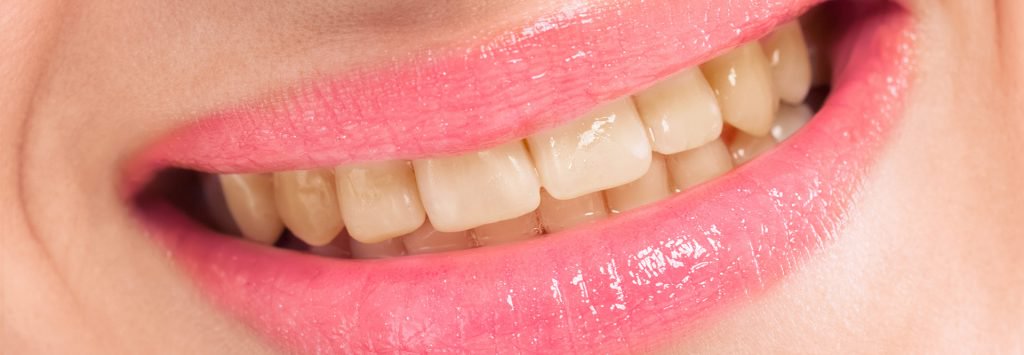NHS Dentistry
You can find further information by visiting NHS choices
A crown is a type of cap that completely covers a real tooth. It’s made from either metal, or porcelain and metal, and is fixed in your mouth. Crowns can be fitted where a tooth has broken, decayed or been damaged.
To fit a crown, the old tooth will need to be drilled down so it’s like a small peg onto which the crown will be fixed. It can take some time for the lab to prepare a new crown, so you probably won’t have the crown fitted on the same day. Crowns are available on the NHS.
Fillings are used to repair a hole in a tooth caused by decay. The most common type of filling is an amalgam, made from a mixture of metals including mercury, silver, tin, copper and zinc. Your dentist will offer the most appropriate type of filling according to your clinical needs. Amalgam fillings and some white fillings are available on the NHS.
Root canal treatment (also called endodontics) tackles infection at the centre of a tooth (the root canal system).
When the blood or nerve supply of the tooth has become infected, if root canal treatment is not carried out, the infection will spread and the tooth may need to be taken out.
During treatment, all the infection is removed from inside the root canal system. The root canal is filled and the tooth is sealed with a filling or crown to stop it from becoming infected again. Root canal treatment usually requires two or three visits to your dentist. Root canal treatment is available on the NHS.
Scaling this involves carefully removing the deposits that build up on the teeth (tartar). Scaling is available on the NHS depending on your clinical need.









